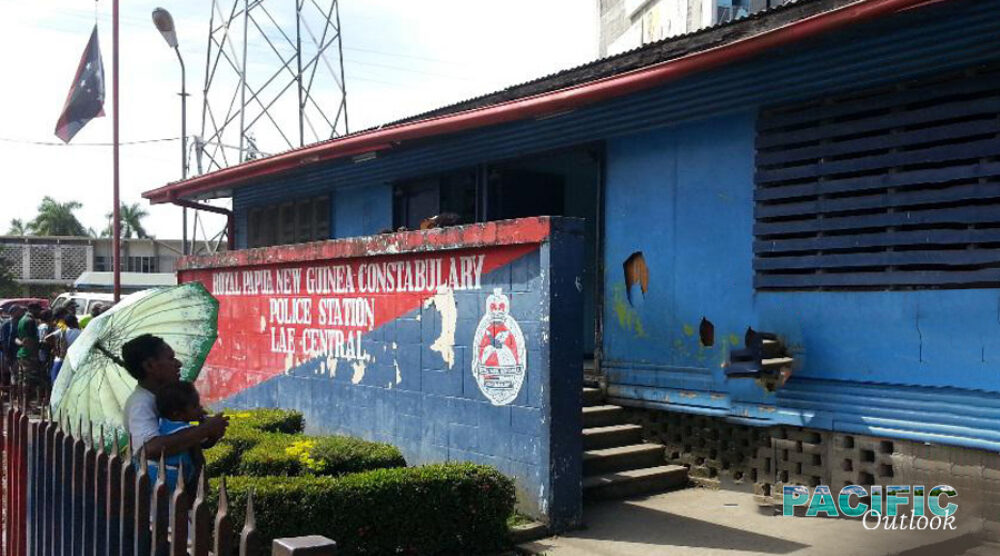A recent string of gruesome kidnappings of young women in Papua New Guinea’s Highlands have highlighted not only the persistent seriousness of law-and-order issues in PNG but also the country’s extreme lack of police numbers.
“In that part of our country,” PNG Prime Minster James Marape responded, “there has been little presence of permanent police.”
“For instance,” Marape added, “Komo station only has two permanent policemen, so a lot of credit goes out to the local community who have stepped up at the expense of risking their own lives to assist police.”
It is indeed a heroic effort, yet one that—in a nation of ten million people—should avoid being placed upon PNG’s family, clan, tribal or community members. PNG now has one police officer for every 1,845 civilians—nearly four times below the level recommended by the United Nations (UN) to maintain a reasonable standard of law and order. In the neighbouring Solomon Islands and Fiji, the ratios are 1:500 and 1:550 respectively.
When I began studying the police to civilian ratio over a decade ago—working on PNG public safety issues with the UN—the ratio was 1 police officer for every 1,200 civilians. In this time, it is likely that approximately over a billion Australian dollars has been spent—by both PNG and Australian Governments—attempting to improve the quality of law-and-order related responses in PNG, while the quantity of police officers has not received a comparable level of focus.
Granted, systemic issues mean that simply increasing the size of PNG’s police force is not likely to result in immediate gains—Royal Papua New Guinea Constabulary (RPNGC) officers not only need housing in PNG’s many remote areas but also security equipment, a functioning payroll system, uniforms, communications and basic resources such as enough fuel in their vehicles. PNG’s population explosion also means that increasing RPNGC numbers is—in itself—a runaway challenge for the PNG Government.
Yet a hope outlined in my recent paper—I Nogat Inap Polis Man na Meri: A police shortage in Papua New Guinea—is that a practical recruitment approach can be adopted to confront PNG’s police shortage, assist in police and state legitimacy, and support the delivery of state-led justice. This is so that policing is not solely left to communities as a result of not having enough police officers.
Such an approach will need to acknowledge nonstate approaches to safety and security, which are common in the developing world. As Bruce Baker underlines, in the African context, “more than 80 percent of justice services are delivered by nonstate providers… and is the work of customary leaders, religious organizations, ethnic associations, youth groups, street associations, community police forums, neighbourhood organisations, local and international security companies, and local entrepreneurs.” PNG is no different.
Another significant factor is political commitment, which means creating the conditions for PNG’s politicians and the PNG Government machinery to give police recruitment the drive it deserves amid a sea of other priorities. This could be achieved by adopting a mixed model recruitment approach with the private sector, leveraging training from outside of traditional development assistance and security circles, and even creating appropriate external political consensus in places like the Pacific Islands Forum, given many of PNG’s policing problems have regional implications.
There is a shared and general view that the number of police recruits and personnel should be considerably higher in PNG. Political will and a sensible approach to increasing the number of police, in addition to addressing resourcing in the right areas, may be an effective way to mitigate the ever-expanding police shortage problem in PNG.
Sean Jacobs is a Papua New Guinean-born Brisbane-based writer, government relations and public policy specialist.








